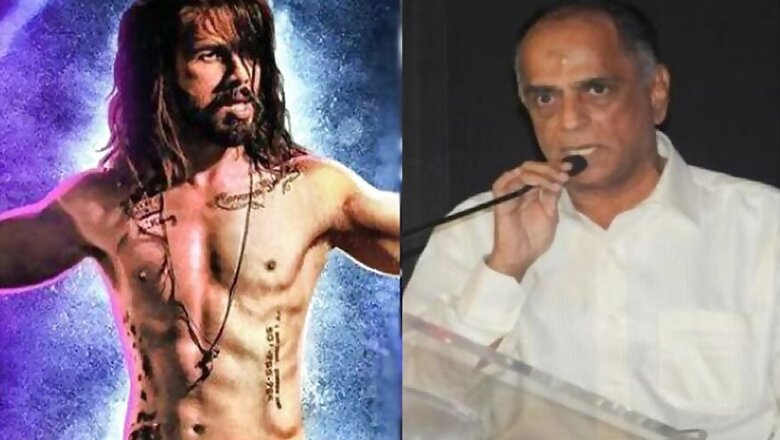
views
Dear Mr. Nihalani,
They say there are times when staying silent is being complicit in the crime itself.
The movie you fought so hard to slash is one that takes head on a menace that has long gone unchecked. Your words and deeds in censoring, disreputing and trashing the film makes you guilty of attempting to brush under the carpet the very problem the movie aims to counter.
You, Mr. Nihalani, are guilty.
You argued, Sir, that the movie portrays Punjab in a poor light and its release would defame the Punjabi community. You ignored the problem the movie really focussed on, rampant drug abuse unchecked by an establishment that is too busy looking away.
It was akin to an argument offered by the government last year, when a documentary on a Delhi rape was banned for allegedly portraying the nation unfavourably.
Never mind the real problem of rapes and sexual violence, what apparently mattered was whether portraying it on celluloid was anti-national.
Never mind that youngsters galore are snorting their way to self-destruction, what apparently matters is your need to protect the ‘image’ of a state. Truth above all, but ‘image’ above truth as well.
You argued against the film’s release, claiming it was funded by an Aam Aadmi Party hungry to gain political mileage ahead of polls in Punjab.
Even if we, for a moment, consider your unsubstantiated claim to be true - I ask you, Sir, under which article of the Constitution is a political party disallowed from producing or funding a movie?
Assuming you don’t have an answer, here’s my suggestion - read Article 19(1) (a) and 19(2) of the same text - an understanding of our freedom of speech is likely to help you in the future as well.
The Udta Punjab debate has so far been primarily characterised as a battle between freedom of expression and censorship.
Today, I implore you to look beyond that. As a choice - to either engage with a social menace or to ignore it. To either begin a discussion, or to bury it.
Mr. Nihalani, you made your choice. It was to maintain the spiral of silence. Abhishek Chaubey made his. He chose to dispel it.













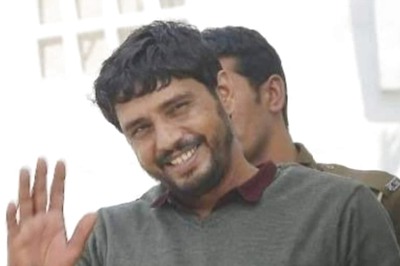
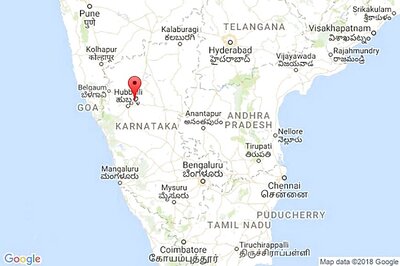

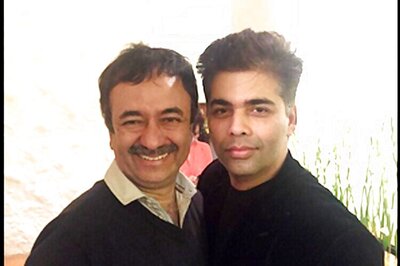
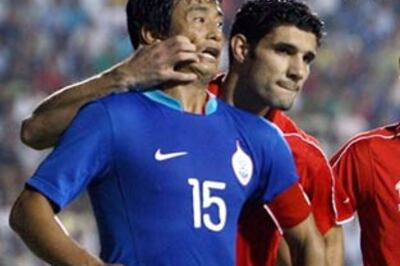
Comments
0 comment